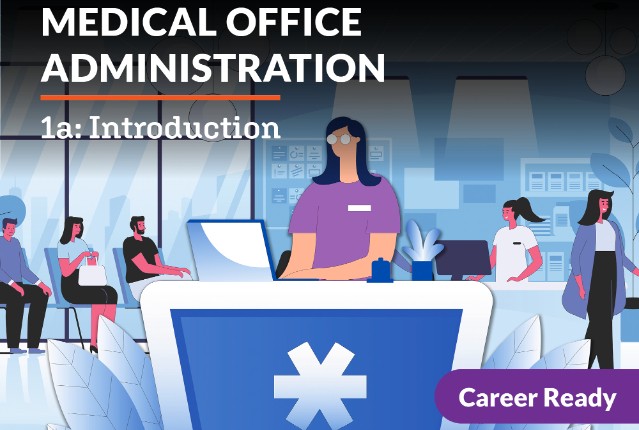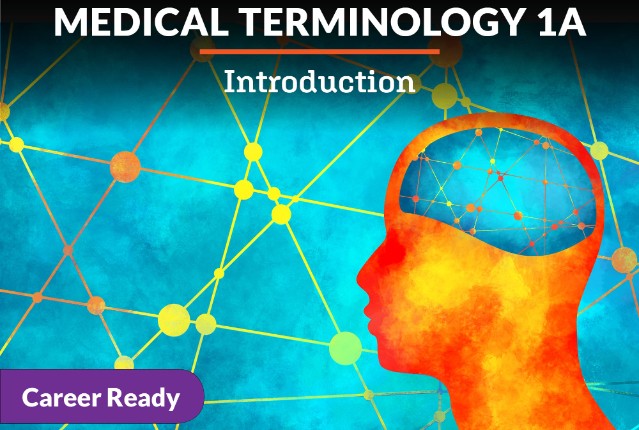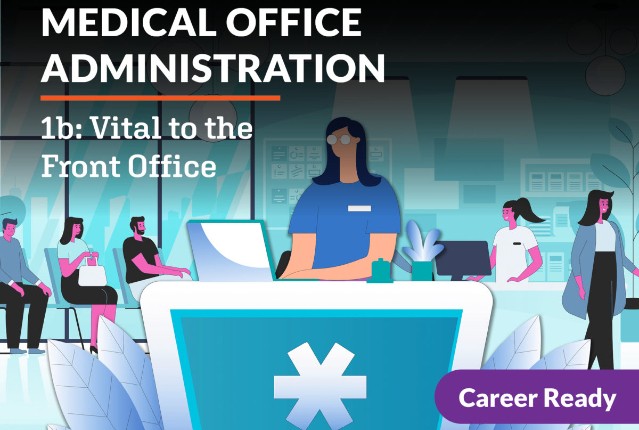
Medical Office Administration 1a: Introduction
Caring for a patient takes more than a medical degree: it takes a team! In this course, you will build your knowledge of medical terminology, medical office processes, the technology that keeps an office humming, and the laws that keep it operating ethically. You’ll also explore different office roles all while building the beginnings of a portfolio. Let’s march through the waiting room and throw open the doors to a career as a Medical Office Admin today!
Review course outlineAccess for a year
USD 299.00*
* Choose more courses to get a discount





